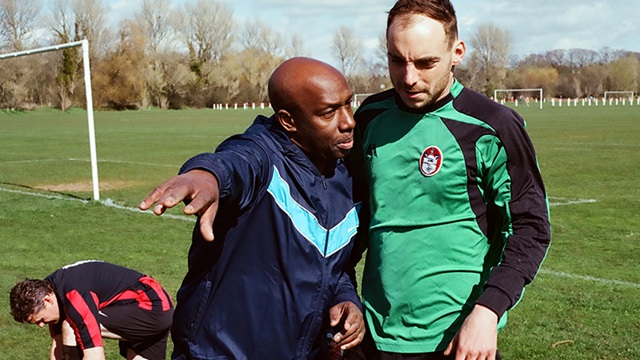Mental health is an important issue in football, with many players facing unique challenges that can impact their well-being. From the pressure of performance and the demands of a professional career, to the challenges of injury and retirement, mental health is an important aspect of a footballer’s development. That’s why supporting players’ mental health is a crucial part of the game.
One way that football is addressing mental health is through initiatives such as the “Heads Up” campaign, which was launched by the English Football Association in 2019. The campaign aims to promote mental health and wellbeing in the game, and encourages players, clubs, and fans to talk openly about mental health and seek support when needed.
Another example of football and mental health is the “Players’ Tribune” website, which was founded in 2014 by former New York Yankees player Derek Jeter. The website provides a platform for athletes to share their personal stories and experiences, including those related to mental health. By sharing their stories, players can help to raise awareness and reduce the stigma surrounding mental health in sport.
In addition to initiatives like Heads Up and Players’ Tribune, many clubs and organizations are also working to support players’ mental health through a range of services and programs. For instance, some clubs offer mental health support and counseling to players, and are also working to promote mental health and wellbeing within their own organizations.
Overall, the role of mental health in football is about supporting players’ well-being. Through initiatives like Heads Up, platforms like Players’ Tribune, and support from clubs and organizations, football is working to create a more supportive and inclusive environment for players’ mental health.
